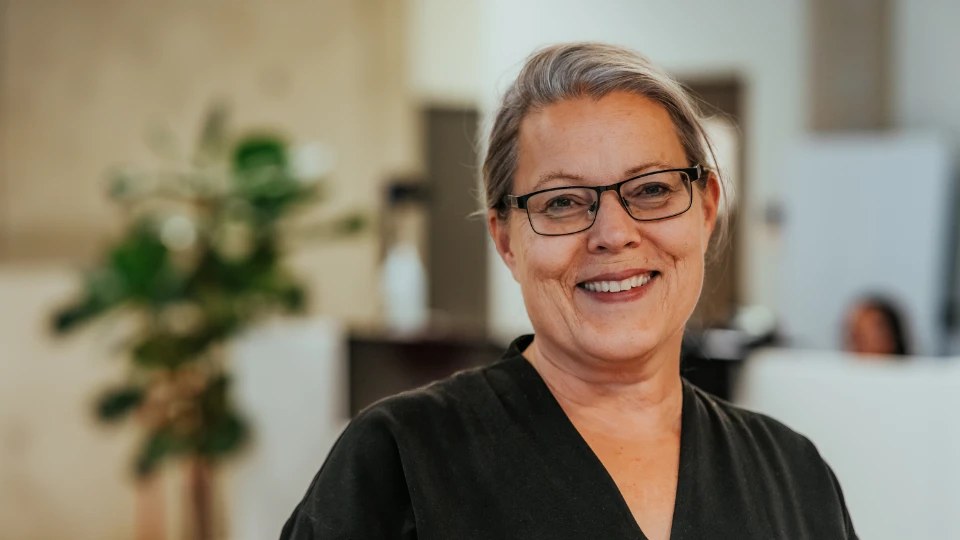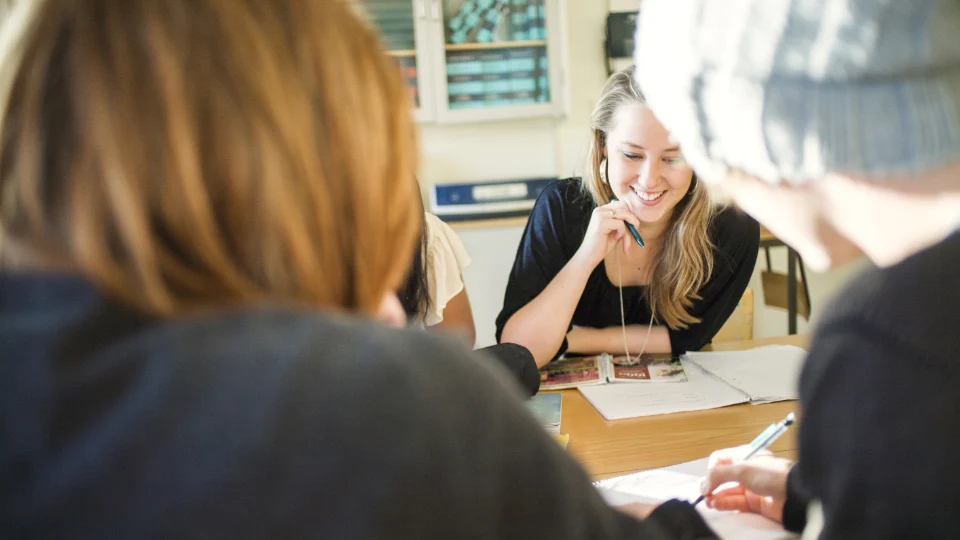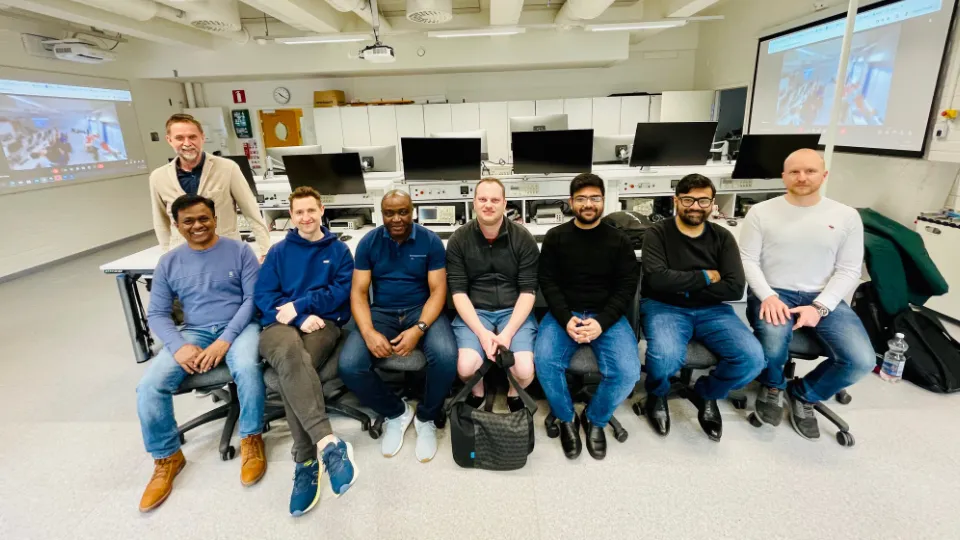Education is one of the key tools in building a more sustainable planet and equal societies. It has a great potential in fostering active citizenship, sustainability, equality, peace, and human rights. That is why we should learn to see education as transformative action, and from a more holistic perspective. Learning is lifelong and lifewide. It extends far beyond formal learning and takes place in countless contexts and environments in our daily lives. Besides teachers and formal institutions, the non-governmental sector plays an important role in engaging people to become active global citizens.
But how and what kind of education can prepare people to engage in creative, responsible, and critical way to global responsibility and sustainable development?
Learning to become active global citizens – Why is Global Citizenship Education so important?
The United Nations´ 2030 Agenda for Sustainable Development requires active citizens who make the sustainable future a reality. We all need to learn to face global challenges and learn for to resolve them. As the global interdependence and uncertainty increases, Global Citizenship Education grows in importance. It should be available to all learners of all ages, starting from early childhood education until adult and senior age.
Global Citizenship Education (GCE) has features of different value-based educations, directing learners to what UNESCO defines as active global citizenship. As described in the Maastricht Global Education Declaration (2002), GCE is “education that opens people’s eyes and minds to the realities of the world and awakens them to bring about a world of greater justice, equity and human rights for all.” It allows learners to understand better our world and its complexities. Besides, it raises awareness on the interdependencies of our societies, and the mechanisms that lead to global challenges. By applying critical, engaging, and participatory pedagogical approaches, GCE can encourage critical understanding of the complexities of the world, as well as engagement and action towards sustainable development.
The role of the non-governmental sector in promoting GCE in Finland
During the past years, questions like how to deliver quality GCE and how to implement more effectively the SDG Target 4.7. among learners of all ages, have united various actors in Finland. Professionals from different sectors of the society have entered into dialogue, shared good practices, and worked together in order to find solutions. The national curricula for basic and secondary education (2014) guides children and youth towards active global citizenship. Yet, there is a need to ensure actions for implementing GCE in all lifelong learning and adult education as well. The future of our planet is not only in the hands of young people, adults also must learn to promote sustainable development.
Non-governmental organizations, such as civil society organizations and liberal education providers, have been forerunners in promoting GCE in Finland. There is a great potential to promote and facilitate GCE in this sector. By bringing together people of all ages and with various backgrounds they can create unique learning spaces that support GCE. As we know, learning is not only about getting new knowledge, but also about gaining empathy and leadership skills, awareness of social injustices, intergenerational understanding, and courage to act for change. Promotion of deep, reflective, and experiential learning encourages people to think critically about the world and their role in responding to global challenges.
How can CSOs support teachers and encourage various actors to implement Global Citizenship Education and the SDG Target 4.7?Two inspiring case examples.
CASE 1. Transformer 2030 project, in-service training on GCE for Finnish educators
Global issues are complicated, and many teachers need support in integrating GCE into their daily work. Finnish CSOs train educators and give support in GCE themes and pedagogical approaches. One inspiring example of a recent in-service training on GCE is a project called Transformer 2030 – teachers as change agents for sustainable development (2018-2019 and 2020-2021), that has provided training for teachers from early childhood education to adult education. With a life-long learning approach the project has supported teachers to understand sustainable development more holistically, apply futures thinking methods and learn to put GCE in practice. It has been implemented in partnership between CSOs and researchers studying systemic sustainability, futures thinking, compassion and global competences.
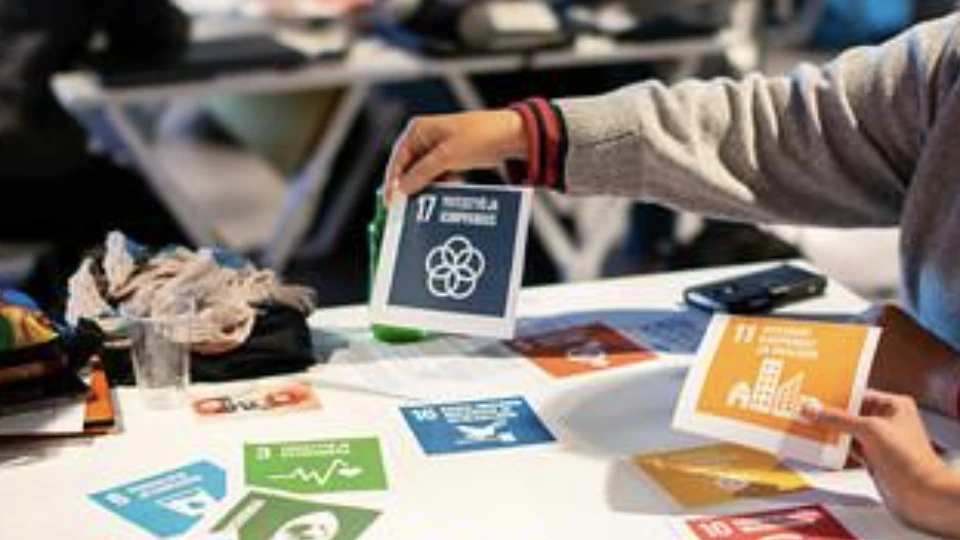
These trainings have helped to create new ways to approach sustainable development and implement GCE in the daily practice. Sometimes the contents of educational activities may have already been related to GCE, but it could have been made more visible for the learners. For example, fixing one’s old clothes can be a handicraft, but it can also be an act against over-consumption. This kind of reframing can support learners to become more aware of their skills in relation to global sustainability and build their identities as global citizens. The project has also achieved changes in the participants´ teaching practices. During the trainings, the participants carried out project works that promoted GCE in their own institutions. One example was a project called Future´s Village, implemented by teachers from an upper secondary school. In this project students explored a sustainable village comprehensively, investigating and utilizing expertise of professionals outside the school. At the end of the project, they built a prototype of an equal, ecological, and non-discriminatory village.
The Transformer 2030 project is coordinated by Fingo and funded by the Finnish National Board of Education. For more information, see here.
CASE 2. BRIDGE 47 – A global network advocating for SDG 4.7. and transformative education
Bridge 47 was created to bring people together to share and learn from each other. Its aim is to mobilize civil society from all around the world to act for sustainable development with the help of Global Citizenship Education. It has encouraged various actors to reflect upon their assumptions, make informed decisions and demand policies that create a more just and sustainable world.
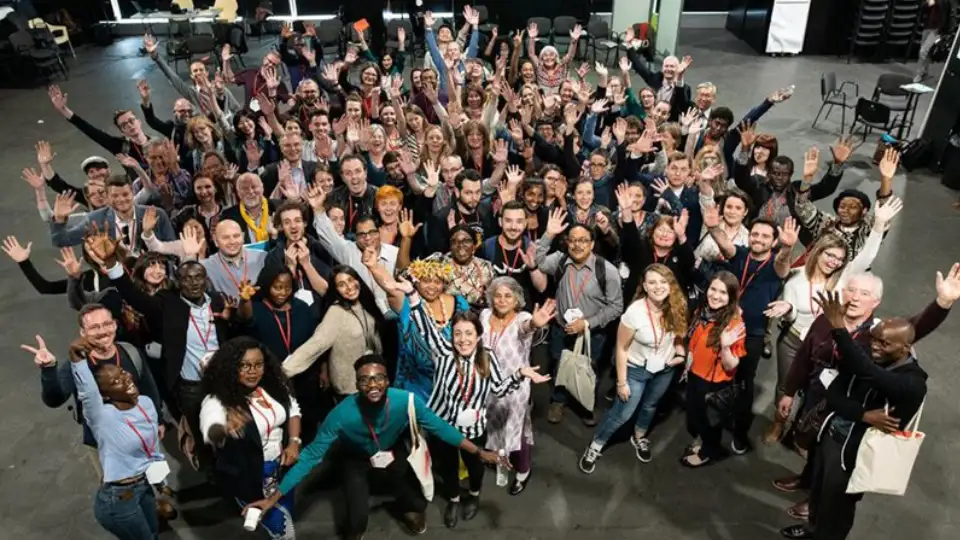
The Bridge 47 project was funded by the European Union, ran by Fingo and implemented by a coalition of European NGOs during 2017-2021. It focused on furthering the SDG Target 4.7 through advocacy, innovation, and partnership work. Additionally, the project focused on building the Bride 47 Network, a coalition of people from around the globe dedicated to GCE. The Network is made up of representatives from NGOs, researchers, policy makers, activists, business people and educators. Even though the project has now ended, the Network still brings inspired people together and opens opportunities to exchange ideas, experiences, and practices from all over the world.
Read more about Bridge47 and check their resource bank on bridge47.
Sustainable development can only become a reality by global learning and unlearning and active collaboration. Global Citizenship Education can engage people of all ages to learn how to contribute to a more sustainable future. The future does not simply come, we must make it! NGOs, teachers, researchers, and other change makers can make a big difference. It is important to put our skills and knowledge together, learn from each other, and collaborate for more transformative education.
******
The writer is Anna Kivimäki-Pelluz, Fingo’s Expert on Global Citizenship Education
Fingo (Finnish Development NGOs) is an NGO platform and an expert on global development. Fingo represents 300 civil society organizations and coordinates the CSOs´ Global Education Network in Finland. The network brings together various actors and themes of GCE, and enhances cooperation between civil society and other actors.
For more information about Global Education network and GCE in Finland, visit here. The website includes a free online resource bank, learning materials and pedagogical tools for lifelong Global Citizenship Education.

